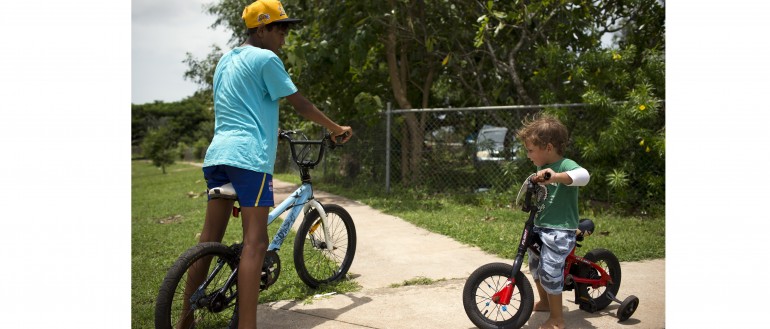The research partnership involves a collaboratively developed program of policy relevant research that uses individual-level linked data to investigate the causal pathways through which individual- and community-level factors in early life influence outcomes.
Key research questions include:
- Which early life factors are most critical in shaping children’s development in health, learning and behaviour?
- How many children have been, or are exposed to, such factors?
- What associated factors mitigate or accentuate their effects over time?
- Can critical points in development be identified where preventive interventions are likely to have maximum leverage in leading to better health and wellbeing outcomes?
- Can these findings inform health economic modelling of the potential costs and benefits of policy, service and program strategies addressing the most critical early life determinants?
Chief investigator:
- Professor Sven Silburn
Project manager:
Contact information:
For more information about the project, please email.
Project dates:
The project was undertaken between 2014-2018.
Funders:
- NT Government through the Child Development and Education Research Partnership
- NHMRC Partnership Grant.
Collaborators:
- Professor Sven Silburn, Menzies
- Professor John Lynch, University of Adelaide
- Professor Steven Guthridge, Menzies
- Professor Richard Midford , Menzies / Charles Darwin University
- A/Professor Julie Brimblecombe, Menzies
- Dr Gawaian Bodkin-Andrews, Macquarie. University
- Dr Stefanie Schurer, University of Sydney
- Dr Peter Shaw, Charles Darwin University
- Cobb-Clark, D., Kettlewell, N., Schurer, S., & Silburn, S. (2017). The effect of quarantining welfare on school attendance in Indigenous communities. Life Course Centre Working Paper Series 2017-22.
- Doyle, M., Schurer, S., Silburn, S. (2017). Do Welfare Restrictions Improve Child Health? Estimating the Causal Impact of Income Management in the Northern Territory. Life Course Centre Working Paper Series 2017-23.
- Guthridge, S., He, V., & Silburn, S. (2017). ‘A statistical overview of children’s involvement with the NT child protection system’, Royal Commission into Protection and Detention of Northern Territory Children Exh 512.00 2017 https://childdetentionnt.royalcommission.gov.au/NT-public-hearings/Pages/Hearings/2017/19-June-2017-Exhibits.aspx
- McEwen, E.C., Guthridge, S.L., H,e V.Y.F., et al. (2017). What birthweight percentile is associated with optimal perinatal mortality and childhood education outcomes? American Journal of Obstetric Gynaecology; pii: S0002-9378(17)32339-6. https://doi.org/10.1016/j.ajog.2017.11.574
- Silburn, S., Guthridge, S., McKenzie, J. et al. (eds)(2018). Early Pathways to School Learning: Lessons from the Northern Territory Data-Linkage Study. Darwin: Menzies School of Health Research.
- McHugh. L., Andrews. R., Leckning, B., et al. (2019). Baseline incidence of adverse birth outcomes and infant influenza and pertussis hospitalisations prior to introduction of influenza and pertussis vaccination in pregnancy. Epidemiology & Infections, 147, e233, 1–11. https://doi.org/10.1017/S0950268819001171.
- Guthridge, S., Li, L., Silburn, S., Li, S., McKenzie, J., & Lynch, J. (2016). Early influences on developmental outcomes among children, at age 5, in Australia’s Northern Territory. Early Childhood Research Quarterly, 35, 124-134. https://doi.org/10.1016/j.ecresq.2015.12.008
- Guthridge, S., Li, L., Silburn, S., Li, S. Q., McKenzie, J., & Lynch, J. (2015). Impact of perinatal health and socio-demographic factors on school education outcomes: A population study of Indigenous and non-Indigenous children in the Northern Territory. Journal of paediatrics and child health, 51(8), 778–786. https://doi.org/10.1111/jpc.12852

